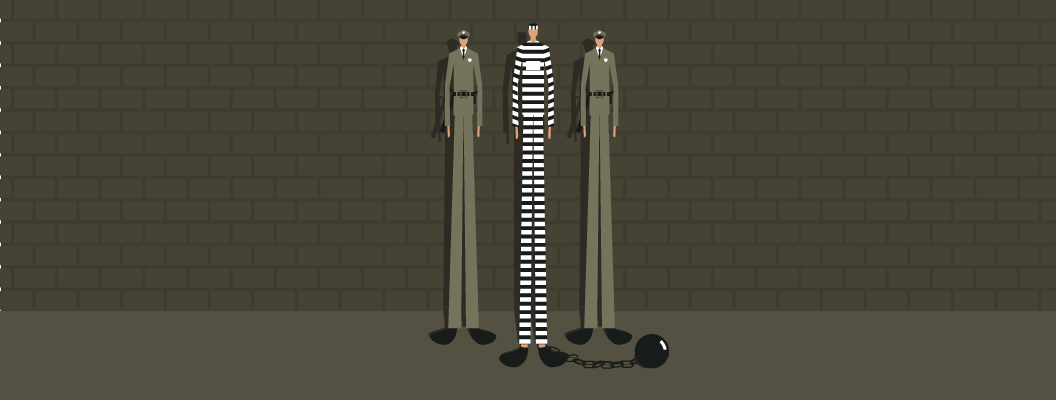Proportional sentencing is supposed to be a fundamental tenet of our justice system. When a person causes suffering to another, they are given a proportionate amount of suffering intended to discourage: we are told that “the punishment should fit the crime”. As this article will argue, the punishment for cannabis offences is not commensurate with the nature of the crime.
The maximum penalty for possession of cannabis is three months imprisonment, as established by Section 7 of the Misuse of Drugs Act. Most Kiwis can intuitively understand that this is massively disproportionate to any harm caused by the act of cannabis possession, but this law is on the books, and has been for over 40 years without being repealed.
Some might counter here with the fact that essentially no-one gets sentenced to prison for cannabis possession nowadays. This counter-argument misses two essential points.
The first is obvious: if no-one goes to prison for cannabis possession anymore, on account of that society has “moved on” and no longer considers cannabis possession a crime, then it’s an obsolete law. If it’s an obsolete law, then we ought to strike it from the books.
The second is that people still go to prison for cannabis cultivation, which is not any more of a crime than cannabis possession is. Brian Borland was given four years and nine months imprisonment for unrepentantly growing cannabis – an incredible punishment if one considers that no-one was harmed by his actions.
Some people were outraged by the sentence given to Devonte Mulitalo, an Auckland youth worker who groomed and sexually assaulted a 12-year old girl, coercing her to perform sex acts on him. He was given ten months home detention. Many thought this sentence was too light, and in comparison to Borland’s sentence it seems obscene.
Takaka resident Alicia Fulcher-Poole was given three and half years in prison for killing someone while driving high on methamphetamine. It’s incredible that reckless disregard for human life resulting in a death can receive a less severe penalty from the system than growing a medicine without permission. But this is the state of our “justice” system.
It’s apparent to almost everyone that 52 months imprisonment for growing cannabis is a ludicrously disproportionate punishment, when the total suffering caused by growing cannabis is compared to the suffering caused by killing someone through reckless use of a motor vehicle. Even if one assumes the most uncharitable interpretation of Borland’s motives, he didn’t kill anyone.
Borland’s sentence was getting up towards the maximum end of the scale, which is seven years imprisonment. This is a heavier sentence than the sentences that are routinely given out for killing people in motor vehicle accidents.
Moreover, the effect of having a criminal record lasts longer than the sentence, and sometimes much longer. Branding someone a criminal – even if there is such as thing as the Clean Slate Act – is to consign them to a lower class of citizen, one that is precluded from many opportunities that normal people take for granted.
Even a measly cannabis possession conviction is enough to prevent someone from being allowed to enter a variety of countries, most notoriously America. Neither will it be straightforward to work as a Police officer, teacher or other Government employee. This is a heavy, heavy punishment just for being caught in possession of a medicinal flower.
This loss of travel and employment opportunity is enough to significantly lower the quality of a person’s life. Getting involved with cannabis should never mean that a person is consigned to live as a lower class of citizen for the rest of their lives. This is a level of arbitrary cruelty that borders on barbarism.
Cannabis prohibition should be lifted because it’s not right to have such brutal punishments for actions that do not cause suffering. It makes a mockery of the supposed proportionality of the justice system. Using the criminal justice system to deal with cannabis is an absurd over-reaction to something that doesn’t harm others.
*
This article is an excerpt from The Case For Cannabis Law Reform, compiled by Vince McLeod and due for release by VJM Publishing in the summer of 2018/19.

